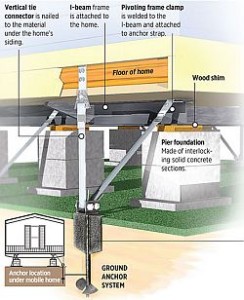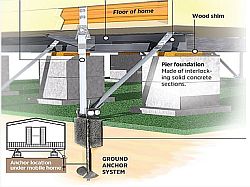
Introduction: Living in Florida, known for its beautiful coastline and tropical climate, can be an exciting experience. However, it also means being prepared for the potential threat of hurricanes. If you reside in a mobile home, it’s crucial to take …


